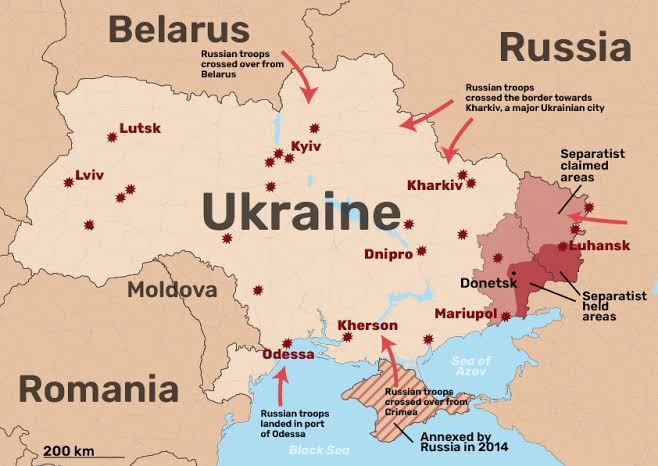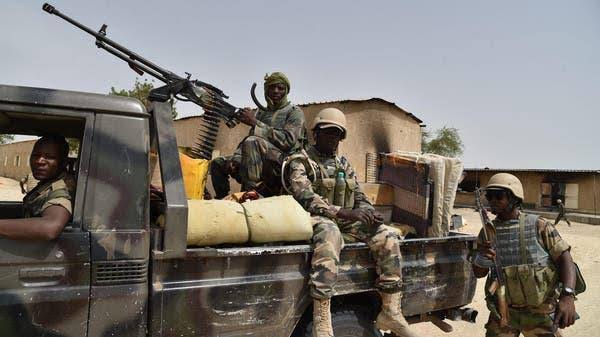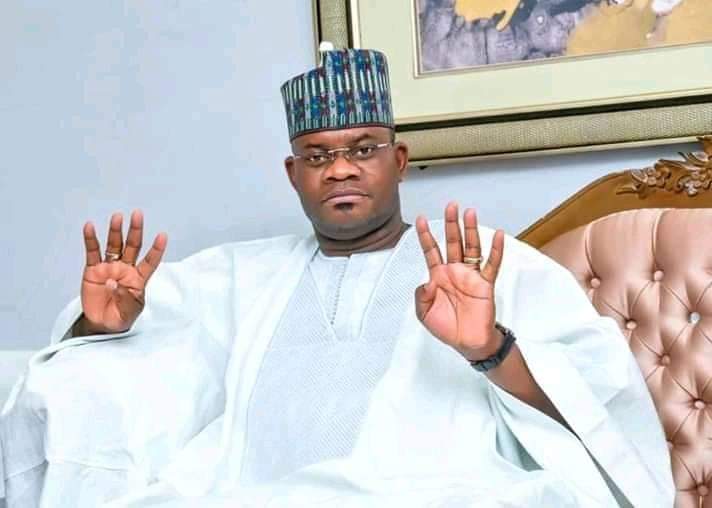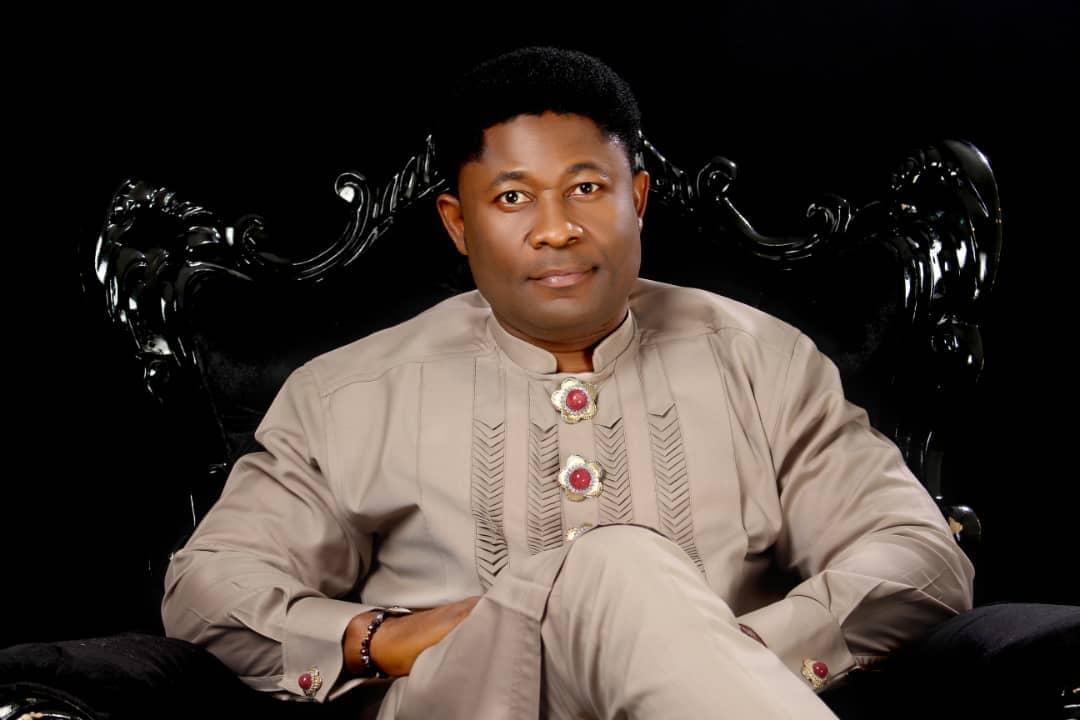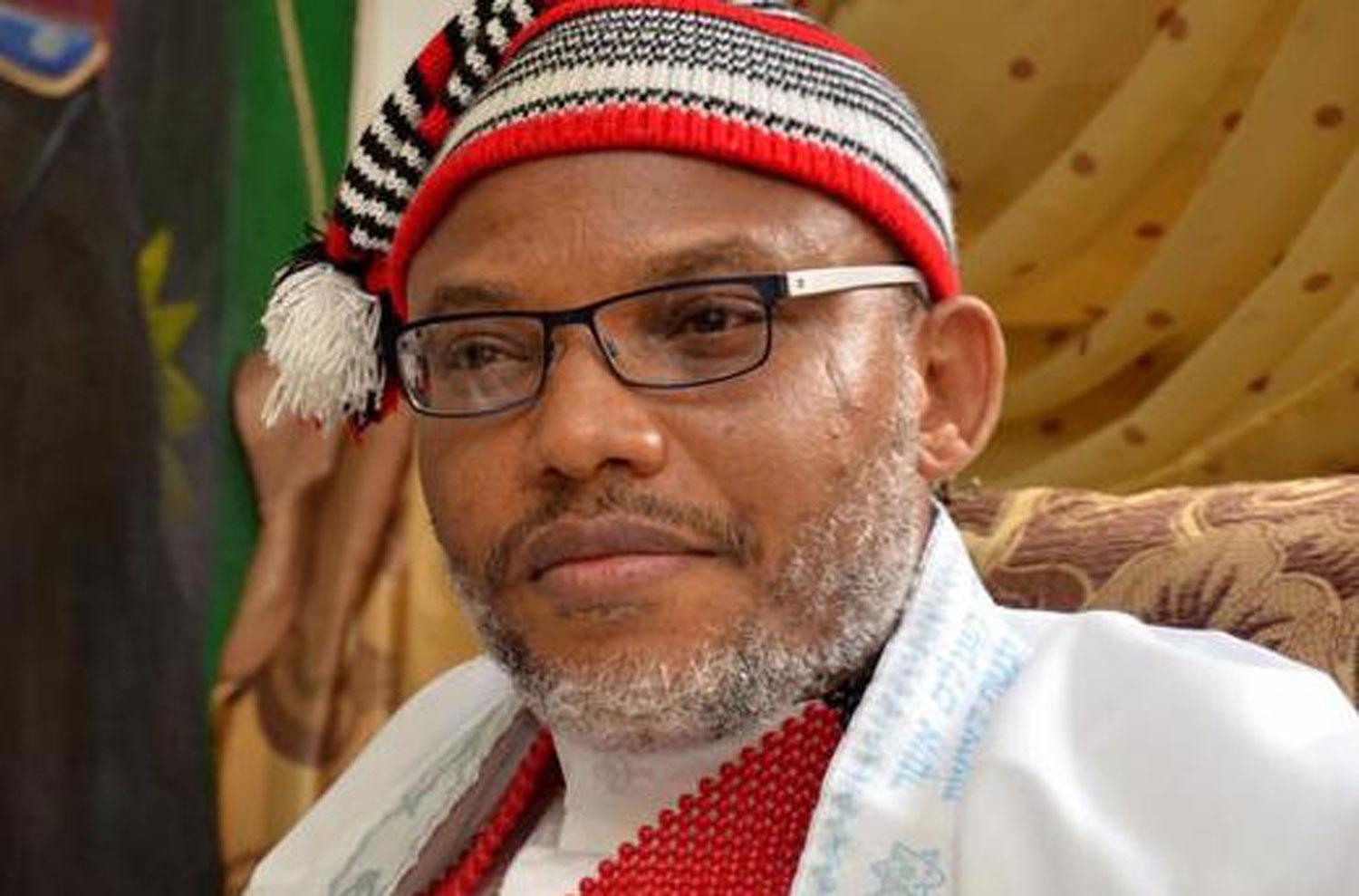� The Centre for Democracy and Development has released a report on the political contest ahead of the off-cycle governorship election in Bayelsa State. The report, titled,�The Godson Turned Godfather: Governor Dickson & Bayelsa�s 2019 Election,�provided an overview of...

�
The Centre for Democracy and Development has released a report on the political contest ahead of the off-cycle governorship election in Bayelsa State.
The report, titled,�The Godson Turned Godfather: Governor Dickson & Bayelsa�s 2019 Election,�provided an overview of the electoral process and the dynamics of the political environment in Bayelsa, a summary of it made available to SaharaReporters said.
Although 45 political parties are fielding candidates for the upcoming governorship election in Bayelsa State, the 16 November 2019 election is presumed to be a two-horse race once again. Like the 2015 gubernatorial election, it is assumed to be a straight battle between the two prominent political parties � PDP and APC.�
However, unlike the previous elections, the contest is likely to be much closer.
In 2012, thei ncumbent governor, Seriake Dickson, received 89.4% of the votes cast by the electorate amidst turnout of 72%. Even when the election was declared inconclusive by INEC, the incumbent Governor Dickson won 60% of votes cast to defeat, Timipre Sylva of the APC, who fell short with 38%, in the election that followed. The State witnessed a meagre turnout of 37%.
Seemingly, the political hegemony of the PDP in Bayelsa State has remained a tough nut to crack for the APC. Yet, the impressive performance that APC displayed in 2019 general elections where the party won over 35% of the vote and secured a victory in Jonathan's backyard - Bayelsa East senatorial zone might be a sign that traditional voting patterns are less certain to hold in the 2019 governorship election.
Who�s in the running, and from where
A total of 45 political parties are contesting in the governorship election in Bayelsa State. This represents a significant increase in the number of participating political parties compared with 2015 when just 20 political parties vied for control of the State. In the history of the State, no woman has either been elected governor or deputy governor. In 2019 just three women (7% of the total) will contest for the governorship while 13 (29% of the total) are seeking to be chosen as deputy governor. However, with the two leading political parties - APC and PDP-having no female members of the ticket and having won 98% of the votes cast in 2015, Bayelsa�s two-decade wait for a female governor or deputy is set to continue.
Of the 42 male candidates that are contesting for this election, just 7% are between the ages of 30 and 35. Most (53%) fall into the 36 to 45 categories, with 16% over the age of 55. The governorship candidate of the New Nigeria Peoples Party (NNPP) is the oldest contestant at 70 years old.
The politics of zoning
Bayelsa Central senatorial district produced DiepreyeAlameiyeseigha, the states� first governor. He hailed from Ijaw South LGA. Goodluck Jonathan who ruled after him came from Ogbia LGA in Bayelsa East senatorial zone. Timipre Sylva is from Brass LGA, the same senatorial district as Goodluck Jonathan and the incumbent Governor Dickson is of Bayelsa West senatorial district in Sagbama LGA.
Ahead of the 2019 elections,��coalitions of interests are clamouring for a shift of power to Kolokuma/Opokuma LGA - the least favoured LGA in terms of political patronage of high-ranking government officials and where the candidate of PDP, Senator DuoyeDiri, hail. The two leading political parties, PDP and APC, factored zoning into their choice of candidate. Both are from the same senatorial district, Bayelsa Central. David Lyon is an indigene of Southern Ijaw LGA, where the State's first elected governor came from and the LGA which has the second-largest number of registered voters after the state capital, Yenagoa. Lyon named BiobarakumaDegi-Eremienyo, the current Senator representing Bayelsa East who hails from Nembe LGA, as his running mate.
Rancorous party primaries
Primary contests within political parties have become an integral part of Nigeria�s electoral system. It is a process through which members of a political party vote or chose a candidate of their choice to select the flagbearer for an election race. According to Section 87 of the Electoral Act of 2010 (as amended), the procedure for the nomination of candidates by political parties for various elective positions can be by a direct or indirect process. When a political party adopts the direct method, only its registered members are allowed to vote for any candidate aspiring to vie for elective positions. Indirect primaries allow select members of a political party, called �delegates� to elect on behalf of the members.
The PDP ticket: Anointed by the governor
Internal disputes within the PDP are an accumulated crisis that started long before the Bayelsa primary race. However, the primary election conducted in Bayelsa in September 2019 may be the straw that finally breaks the camel's back. Trouble started brewing in the build-up to 2019 general elections over allegations of a skewed primary election in favour of all the National and State House of Assembly candidates loyal to Governor Dickson's "Restoration Team". Despite protests, threats of defection and a petition to the National Working Committee of the PDP, the party-endorsed these aspirants and presented them as candidates in the 2019 general elections. In voting, Senator DouyeDiri beat the other 20 contestants to emerge victorious as the candidate of the party. He polled 561 votes to defeat his nearest challenger TimiAlaibe, who many believed had the support of Goodluck Jonathan, by 196 votes.
The APC ticket: Directly chosen
The APC is faced with challenges concerning the process of the selection of her flagbearer. After postponing the primary twice in compliance with conflicting court judgements over the mode of her party primary, it eventually held direct primaries for the six aspirants on 3-4 September. Oil magnate and philanthropist, David Lyon got most of the votes, 42,138, far ahead of his nearest rival DiseyePoweigha, who won just 1533 votes. Although the election Collation Officer, Senator Emmanuel Dangana under the Chairmanship of Yobe State Governor, Mai-Mala Buni, described the poll as credible and peaceful, others did not agree. One of the aspirants,Prince PreyeAganaba, wrote a petition to the appeal committee set up by the party, claiming that the primary lacked credibility and was rife with irregularities.
Determining the Winner
Political gladiator
Bayelsa State has always been the stronghold of PDP, but the growing�popularity of APC in the State could make the election fiercely contested. Having won a senatorial seat, two seats at the House of Representatives and four places in the State House of Assembly in the last general elections, the APC now has its sights set on the governorship. The State could serve as a launching pad aimed at making inroads into the South-South region ahead of the 2023 general elections. It is therefore likely that the federal government will do all that is reasonably possible, and muster all the available resources, to ensure its party wins the governorship seat in Bayelsa.
Fake News Prevails
In Bayelsa, just like in other parts of Nigeria, Facebook and WhatsApp are the two social media platforms most used to peddle fake news and misinformation.This is complemented by fake news entrepreneurs who circulate the information in markets, football viewing centres, motor parks and bars. Fake news spread fast and is a potent security threat to the forthcoming election in Bayelsa State. Of particular concern is the deliberate attempts by the political parties to spread false information and shape the narratives before polling day. Both the APC and PDP in Bayelsa run media hubs dedicated to producing and disseminating misinformation and the spread of falsehoods.� � � � � �
Beyond words, the likelihood of violence
The Niger Delta in general, and Bayelsa State, in particular, have�a history of electoral violence. This is not unrelated to established insecurity pervading the region. They include cult violence, piracy, abductions�and�attacks on oil facilities. Ahead of the election,reported incidentssuch as the�stockpiling of arms and weapons, assassination of PDP ward Chairman,�SeidoughaTaribi,�and sustained and heavy gunfire on 30 September 2019 at the premises of Bayelsa State House of Assembly over its change in leadership, indicate a strong likelihood that electoral violence will be a significant feature of this forthcoming election.The Pre-election violence witnessed is driven by the political contestations and brinkmanship precipitated by the outcome of the party primaries. The accusations and counter-accusations accentuate the threats of violence on Election Day. For instance, the recurrent bickering between the National Publicity Secretary of the APC and his counterpart from the PDP on alleged plans by either party to unleash violence on Election Day is capable of inflaming supporters.��In response to the posturing of the political actors, the Nigeria Police Force, the lead agency on election security has announced plans to deploy a total of 31,041 officers for election duty in Bayelsa. According to the authorities, the deployed personnel will protect critical locations during the elections, including polling units, Central Bank of Nigeria (CBN) offices, the take-off point of sensitive materials as well as INEC offices in the State.
An impartial umpire?
Bayelsa State has a unique geographical terrain. Movement within the State is mostly by limited water transportation, making it challenging to mobilise personnel and materials for elections. This has previously resulted in the late, or non-arrival of logistics and personnel. There have�also been situations,�as recent as the 2019 general elections, where�politicians deliberately sabotage INEC efforts by making it�almost impossible�for its officials to transport materials to some locations. This emphasizes the need for INEC to consciously guard against situations that could cause this election to reach an inconclusive verdict, like in 2015, and to produce a credible result.
Elections Politics News Reports AddThis :� Original Author :� SaharaReporters, New York Disable advertisements :�






